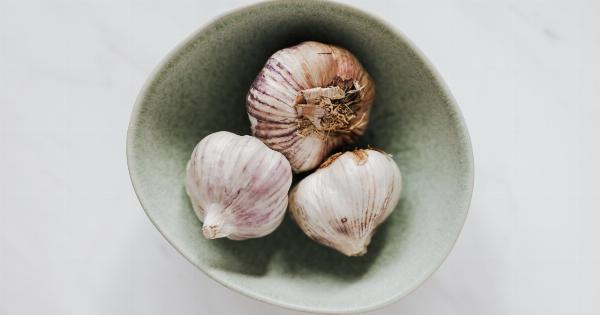Most homeowners don’t give their kitchen sinks a second thought. It’s just another fixture in the house that they need to clean regularly.
However, what many people don’t realize is that their kitchen sink could be housing a variety of bacteria, germs, and other harmful substances. In this article, we’ll explore the dark side of your kitchen sink and provide you with tips on how to keep it clean and safe for use.
The Germs Lurking in Your Sink
Whether you realize it or not, your kitchen sink is a breeding ground for germs. It’s the perfect environment for bacteria like E. coli, salmonella, and other harmful pathogens to thrive.
Even if you regularly wipe down your sink with a sponge or cloth, there are still areas that can harbor germs and bacteria.
For example, the drain in your sink is a prime location for germs to accumulate. Food particles, grease, and other debris can get caught in the drain and create a perfect environment for germs to breed.
Additionally, if you’re not careful with what you put down your drain, it can lead to clogs, which can make the problem worse.
The Dangers of Dirty Sponges and Cleaning Cloths
One of the most common ways people clean their sinks is by using a sponge or cleaning cloth. While these items can be effective at removing dirt and grime, they can also be a breeding ground for germs.
If you’re not careful, your cleaning items can spread bacteria and other harmful pathogens to other surfaces in your kitchen or even your body.
To avoid this problem, it’s important to regularly clean your sponges and cleaning cloths. You can do this by microwaving your sponge on high for 30 seconds or tossing your cleaning cloths in the washing machine on hot.
Additionally, you should always use a separate sponge or cloth for cleaning your dishes and wiping down your counters to avoid cross-contamination.
The Importance of Proper Disposal
Another thing many people don’t realize is that their sink can become contaminated if they’re not careful when disposing of food scraps and other debris. This is especially true if you have a garbage disposal unit in your sink.
If you’re not careful, the food scraps you put down your sink can get caught in the disposal, leading to a buildup of bacteria and other harmful substances.
To avoid this problem, it’s important to always scrape your plates and bowls into the trash before rinsing them off in your sink. Additionally, you should use a sink strainer to catch any food particles that might get washed down the drain.
Finally, it’s important to regularly clean your garbage disposal unit and rinse it thoroughly with hot water to prevent bacteria buildup.
The Benefits of Regular Cleaning
One of the most effective ways to keep your sink clean and safe for use is by regularly cleaning it. This means wiping down the surface of your sink with a disinfectant cleaner or vinegar and baking soda solution.
Additionally, you should regularly clean your drain and garbage disposal unit to get rid of any buildup of bacteria or other harmful substances.
Another thing you can do to keep your sink clean is to avoid leaving standing water in it. This can lead to mold and mildew growth, which can be harmful to your health.
If you notice any foul odors coming from your sink, it’s important to address the problem immediately to prevent further contamination.
The Final Verdict
Your kitchen sink is an essential part of your home, but it can also be a breeding ground for germs and bacteria if you’re not careful.
To avoid this problem, it’s important to regularly clean your sink, avoid using dirty sponges and cleaning cloths, and dispose of food scraps properly. With these tips in mind, you can keep your sink clean and safe for use and protect yourself and your family from harmful substances.































